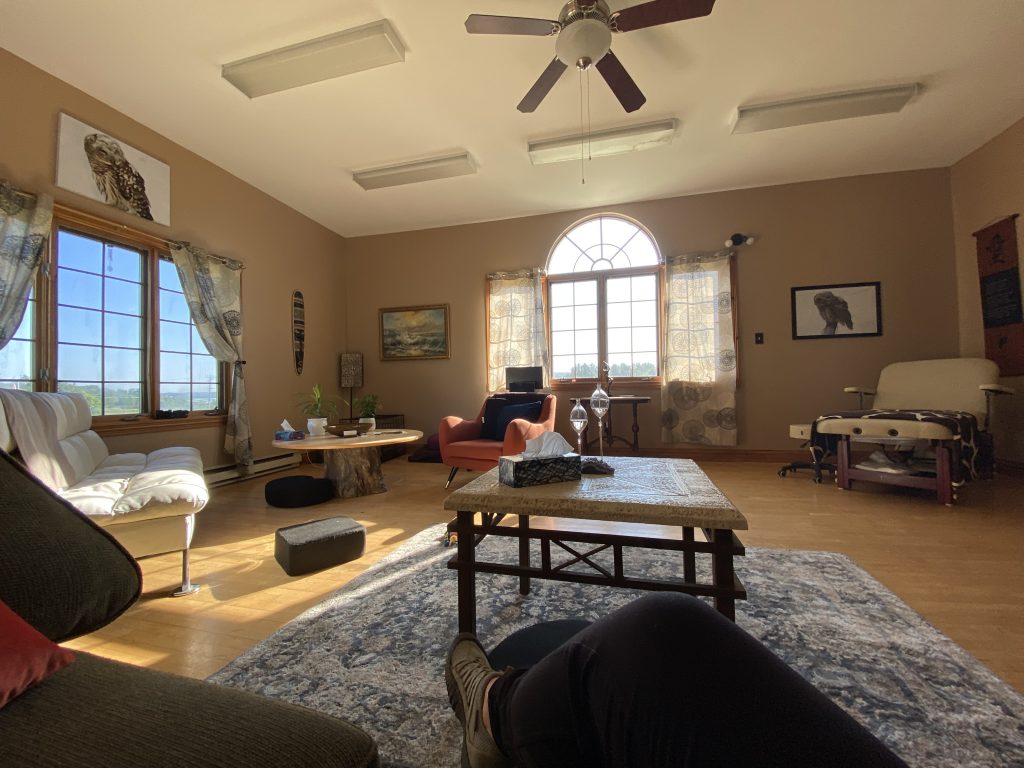RELAXATION, REST, RENEWAL AND RELEASE


Relaxation Treatments at the Wellness Centre
The practices of Mindful Movement, Conscious Breath practice, Somatic Release, Meditation and Trauma Healing are services which I brought into the Centre from the professional knowing that Wellness must also include a person having an intimate understanding of the body and hearts natural wisdom. Learning to be in tune and rhythm with oneself in deep and intimate ways, as opposed to forcing our whole self to perform in rigid and unnatural ways.
Lori Ellis-McKinney RSW, BSW
Clinical Mindfulness Expert
Court Declared Child Welfare Expert
The counterpart to the fight-or-flight response, the relaxation response, occurs when the body is no longer in perceived danger, and the autonomic nervous system functioning returns to normal. Simply put, the relaxation response is the opposite of your body’s stress response—your “off switch” to your body’s tendency toward fight-or-flight.
How Relaxation Response Happens
During the relaxation response, the body moves from a state of physiological arousal, including increased heart rate and blood pressure, slowed digestive functioning, increased blood flow to the extremities, increased release of hormones like adrenaline and cortisol, and other responses preparing the body to fight or run, to a state of physiological relaxation, where blood pressure, heart rate, digestive functioning, and hormonal levels return to their normal state.
During acute stress, this response occurs naturally. This worked well for us in our ancient history, when the stress response was triggered somewhat rarely, and often meant fast-moving physical threats like predators. However, in modern times, as the stress response is often triggered multiple times throughout the day, the relaxation response doesn’t always have a chance to naturally follow.
For example, in times of chronic stress, the body is in a constant state of physiological arousal over perceived threats that are numerous and not life-threatening, and the body’s relaxation response doesn’t always have time to kick in before the next stressor hits. This can lead to decreased immunity and increases in negative emotional consequences like anxiety and burnout. Elizabeth Scott, MS



